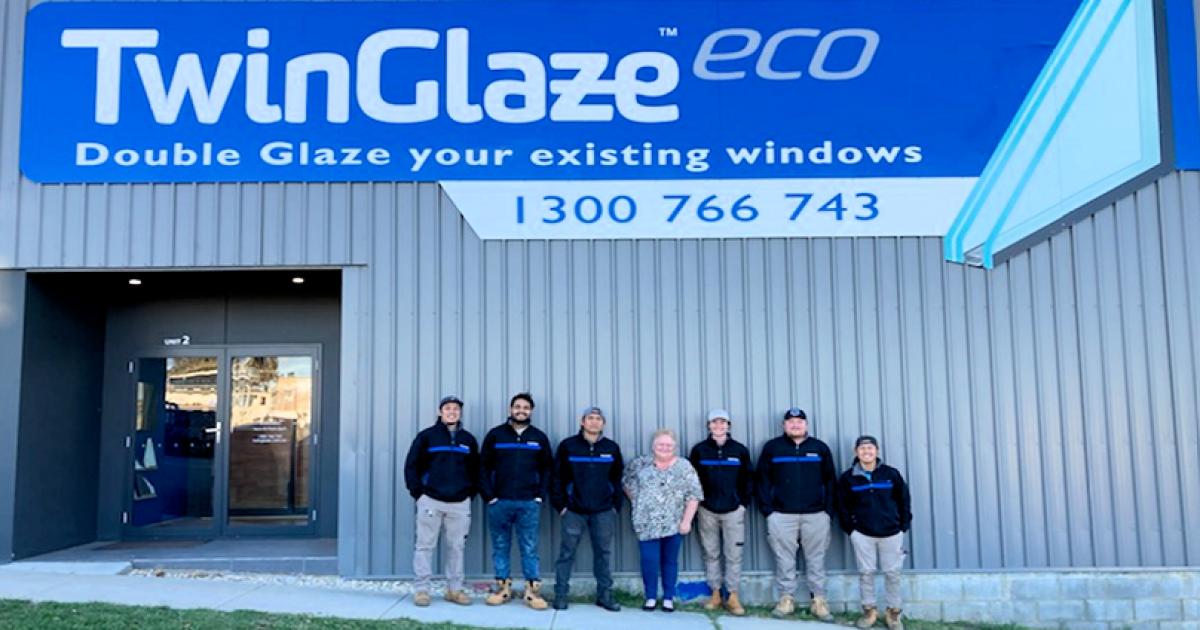All Categories
Featured
Table of Contents
Double Glazed Windows – Their Amazing Benefits For ... in Kardinya WA
That window can transmit more solar heat in winter than in summer season. A west-facing window on a summertime's afternoon has an angle of occurrence from near 0 up to 30 with a big reliable area of solar radiation. A north-facing window, in summer season, has a high angle of incidence and a low effective area of solar radiation, so can send less heat than a west-facing one.

But you can quickly and quickly improve the thermal performance of your home by replacing your windows. This is one of the most reliable methods of renovation to attain enhanced thermal convenience. There are thousands of kinds of glass and frames to select from. Choosing the best ones is essential to improving the energy performance of your house.
Which Double Glazing Company Is The Best? in Coolbellup WA
There are several kinds of glass products to select from. Single glazing utilizes a single pane of glass. Single glazing with clear glass is not really efficient when it concerns heat loss or gain. To improve performance, you can utilize single glazing with a more energy-efficient type of glass such as low emissivity (low-e) glass.
Numerous layers can be put together with sealed cavities in between each sheet of glass. IGUs normally offer better energy efficiency than single glazing, because they send less energy. Nevertheless, the energy performance of IGUs also depends on: the residential or commercial properties of each layer of glass. Various glass types (for instance, clear and low-e glass) can be assembled in an IGU.
Buy Double Glazed Upvc Sliding Doors In Sydney in Rossmoyne Perth
![Best Way To Block Sun Heat From Windows [Professionally] in Bertram Perth](https://gruenecodesign.com.au/wp-content/uploads/2011/03/windows.jpg)
IGU cavities can be filled with air or a more inert, low-conductivity gas such as argon the width of the cavity. Larger cavities provide lower (better) U values, with 12mm usually accepted as the favored gap how well the cavity is sealed.
If argon is set up to the cavity in place of air, wetness is reliably left out the level of desiccant (drying agent). The spacer (metal or polymer strip) that separates the glass layers contains a desiccant to absorb any moisture. Inadequate desiccant may trigger moisture to condense on the glass surface in cold conditions, lowering thermal efficiency.
Insulated Glass Unit – Igu in Wattleup Perth
IGUs can provide better energy efficiency for all climates, especially in heated and air-conditioned houses. Cross-section detail of single, double and triple-glazing units Low emissivity glass (frequently called low-e glass) reduces heat transfer. Low-e glass may be either high or low transmission: High transmission low-e glass has a coating that allows daylight from the sun to pass into the house to attain excellent solar heat gain, but minimizes the amount of the long wavelength infrared heat that can get away back through the window.
Low-e glass has either a pyrolytic coating or a vacuum-deposited thin film metal coating. Pyrolytic finishings are long lasting and can be utilized for any glazing; vacuum-deposited coverings are soft and are only utilized within IGUs. Low-e coatings can significantly improve both U value and SHGC; however, they must be used properly or they will either degrade or stop working to perform as required.
How To Retrofit Your Windows With Double Glazing, And Keep ... in Sinagra Western Australia
Low-e coatings can be used in combination with clear, toned or reflective glass. Low-e coatings on glazing can reduce heat transfer where required Image: Department of Industry, Science, Energy and Resources Toned glass has colouring additives consisted of during manufacture. It is readily available in numerous colours, usually bronze, grey, blue and green.
Latest Posts
Window Glazing For Households - Energy in Myaree WA
Why You Need Secondary Glazing In The Summer in Madeley WA
Secondary Glazing: Is It Worth It? in Applecross Perth